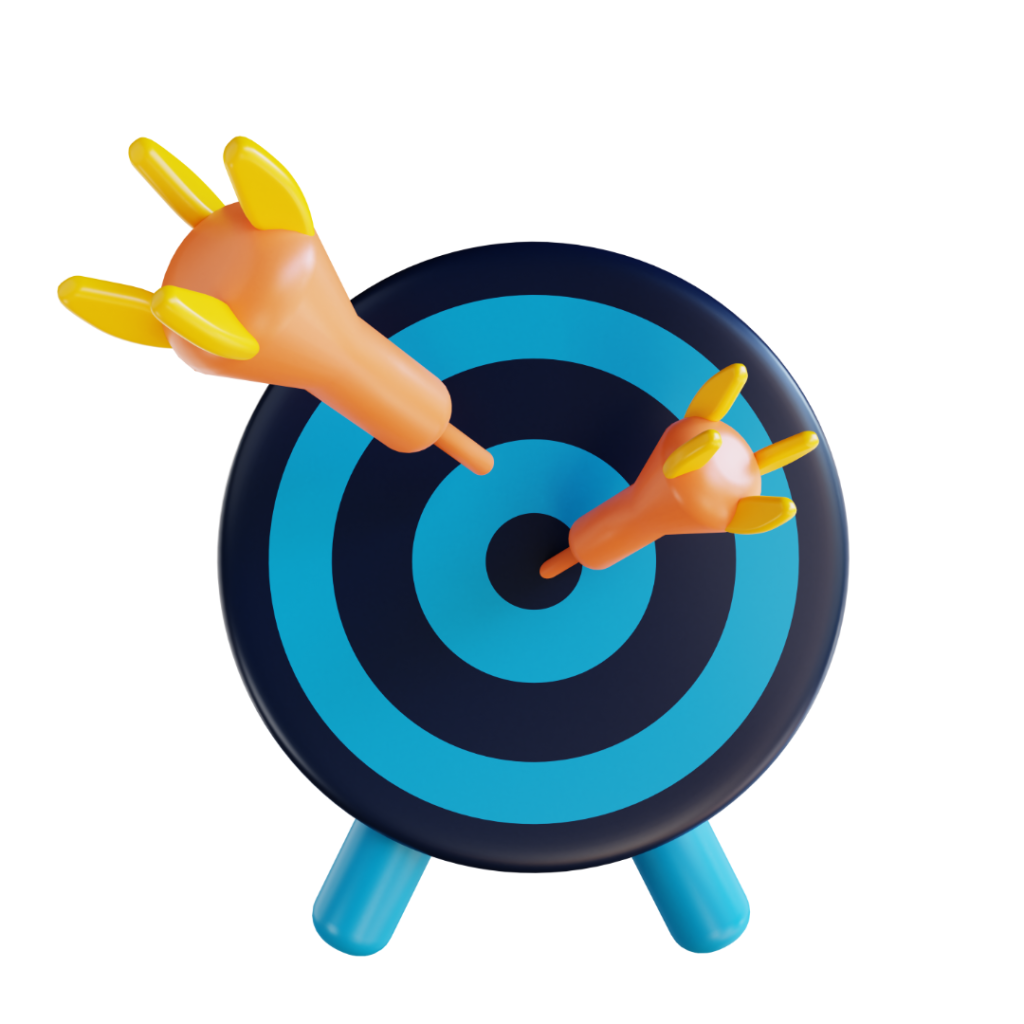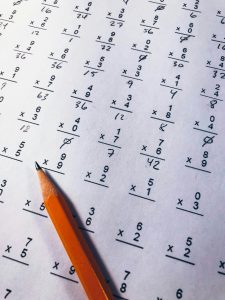Math Puzzle Competitions: Hosting a Fun Challenge for Kids

There are engaging and interactive ways to help your child develop a love for math while improving their critical thinking and problem-solving abilities.
One such approach is hosting math puzzle competitions for kids. These events create a fun and challenging atmosphere where children can explore mathematics in an interactive setting. In this blog post, we will guide you on planning and executing a successful math puzzle competition for your child. We will also explore the benefits of these competitions and introduce you to some exciting math games that your child can enjoy.
-
Planning the Competition
Define Goals: The first step in planning a math puzzle competition is to define your goals. Determine what you want to achieve through this event, whether it’s improving problem-solving abilities or sparking an interest in math among the participants.
-
Form an Organization Committee:
Assemble a team of teachers, parents, and students who can assist you in various aspects of organizing the competition. This committee will help with planning, promotion, logistics, and ensuring a smooth execution of the event.
-
Choose the Competition Format:
Decide whether the event will be individual or team-based. Team competitions encourage collaboration and communication among participants, fostering teamwork skills alongside mathematical abilities.
-
Select Puzzles and Challenges:
Curate a variety of math puzzles that cater to different skill levels. Include logic puzzles, riddles, and number challenges to keep the participants engaged. Ensure that the puzzles are age-appropriate and align with the curriculum.
-
Set Date and Venue:
Choose a date that does not conflict with school activities and book a venue that can comfortably accommodate all the participants. Consider factors such as seating arrangements, audiovisual equipment, and catering facilities if required.
-
Executing the Competition
Registration Process: Create an easy registration system, possibly using online forms, to collect participant information efficiently. Make sure to include essential details such as participant names, ages, and contact information.
-
Warm-Up Activities:
Start the competition with icebreakers or simple math games to get everyone engaged and excited. These warm-up activities will help create a positive and energetic atmosphere for the participants.
-
Puzzle Solving:
Distribute puzzles based on the chosen format (individual or team) and monitor the participants’ progress. Encourage teamwork and discussion among participants as they work through the challenges. Provide support and guidance when needed.
-
Scoring and Prizes:
Develop a clear scoring system based on accuracy and creativity. Reward participants with prizes such as certificates, medals, or math-related books to motivate them further. Recognize both individual achievements and team efforts.
Types of Math Puzzles to Include
To ensure an engaging experience for the participants, include a variety of math puzzles in your competition. Here are some types of puzzles you can consider:
-
Logic Puzzles:
Challenge participants with deductive reasoning tasks where they have to analyze clues and make logical deductions to solve the puzzle.
-
Math Riddles:
Present word-based puzzles that require creative thinking and mathematical reasoning to find the solution.
-
Number Patterns:
Provide sequences or patterns that participants need to decipher and continue based on mathematical rules or relationships.
-
Magic Squares:
Incorporate grid-based puzzles that require mathematical operations to achieve specific sums in every row, column, and diagonal.
Benefits of Math Puzzle Competitions
Math puzzle competitions offer numerous benefits for children. Let’s explore some of the advantages:
-
Critical Thinking Enhancement:
By participating in math puzzle competitions, children develop critical thinking skills as they tackle complex problems. They learn to analyze information, make logical deductions, and think outside the box to find solutions.
-
Increased Engagement:
Fun challenges through math puzzle competitions can spark interest in mathematics among students who may find traditional methods less appealing. The interactive and competitive nature of these events keeps children engaged and motivated to explore the subject further.
-
Teamwork Skills Development:
Team-based math puzzle competitions promote effective communication and collaboration among participants. Children learn to work together, share ideas, and leverage each other’s strengths to solve puzzles successfully.
-
Confidence Boost:
Successfully solving math puzzles can boost children’s confidence in their mathematical abilities. As they overcome challenges and achieve positive results, they develop a sense of accomplishment and belief in their problem-solving skills.
Math puzzle competitions provide an excellent opportunity to make learning math fun while reinforcing essential skills in the subject. By planning and executing such events, you create an environment where children not only improve their math abilities but also enjoy the process of learning together.
If you’re looking for a comprehensive approach to develop your child’s mathematical skills, consider enrolling them in SIP Abacus courses. SIP Abacus uses the abacus tool and visualization techniques to teach children mental math skills from ages 6-12. Their curriculum is divided into structured levels with small class sizes, ensuring personalized attention for each student. SIP Abacus programs have a proven track record of enhancing mental math abilities, improving concentration, boosting academic performance, and nurturing overall growth in children.
Start hosting math puzzle competitions for your child today and witness their growth in mathematical skills, critical thinking, and problem-solving abilities. It’s time to make math exciting and enjoyable for your little one!



